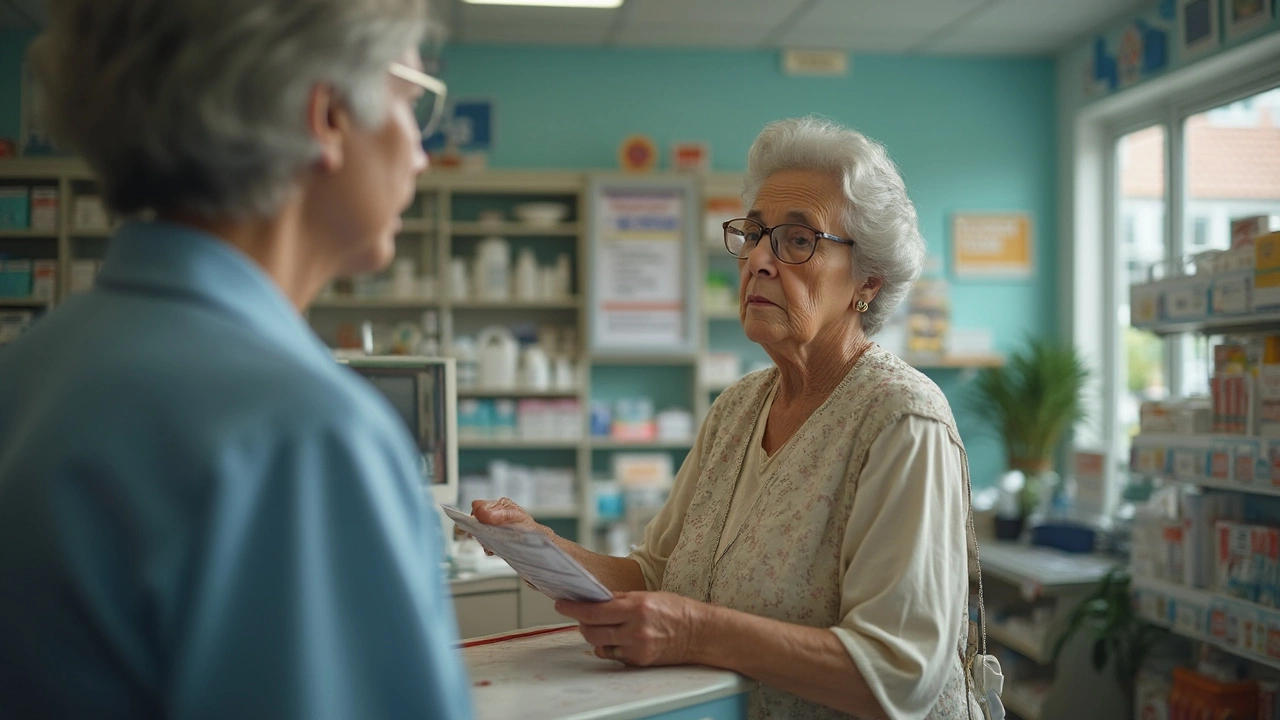Pharmacy Prices Explained: What Affects Them and How to Save
If you’ve ever stared at a prescription price and thought, “That’s insane!”, you’re not alone. Medicine costs can jump from one pharmacy to the next, and the reasons aren’t always obvious. The good news? Most of the factors that push prices up are within your control, and you can shave a lot off the bill with a few smart moves.
Key Factors Behind Pharmacy Prices
First up, brand versus generic. A brand‑name drug often carries a hefty markup, while a generic version contains the same active ingredient at a fraction of the price. Not every drug has a generic, but when one exists, ask the pharmacist to switch you over. It’s a simple question that can save you big.
Location matters too. High‑street chains in city centres tend to charge more than local independent pharmacies or online outlets. The same prescription can cost £10 in a small town pharmacy and £15 in a downtown shop. Checking a few nearby options can reveal a cheaper alternative without compromising quality.
How you get your prescription also plays a role. The UK’s NHS offers a Prescription Prepayment Certificate (PPC) that caps your spending if you need multiple items each month. If you regularly collect prescriptions, a PPC can be cheaper than paying per item. On the other hand, private prescriptions, especially those written for specialist drugs, are priced outside the NHS tariff and can be pricey.
Insurance and discount schemes add another layer. Some private health plans include prescription coverage, while others don’t. Even without insurance, many pharmacies run loyalty cards or partner with discount programs that shave off a few pounds per item.
Smart Strategies to Lower Your Medication Bills
Start by comparing prices before you fill a script. Websites and apps let you type in the drug name and see price listings from several UK pharmacies. A quick glance can point you to the cheapest option, and you’ll avoid the surprise at checkout.
Ask your doctor for a 90‑day supply instead of a 30‑day repeat. Buying in bulk often reduces the unit cost, and you’ll make fewer trips to the pharmacy. Just be sure the medication is suitable for longer storage.
Don’t forget about online pharmacies. Reputable online sellers charge the same NHS price as high‑street shops but often waive the dispensing fee. Make sure the site is registered with the General Pharmaceutical Council before you order.
If you’re on a tight budget, look into charitable schemes or patient assistance programs. Some drug manufacturers offer free or heavily discounted medication for eligible patients, especially for chronic conditions.
Finally, talk to your pharmacist. They can suggest therapeutic alternatives, recommend dosage adjustments that reduce the number of tablets, or point out price‑matching policies. A brief chat can uncover savings you wouldn’t have thought of.
Bottom line: pharmacy prices aren’t set in stone. By checking for generics, comparing local and online options, using a PPC, and having an open conversation with your pharmacist, you can keep your medication costs in check and focus on staying healthy.">
Medicare Drug Discounts: Why Are Seniors Still Paying Full Price?
Ever wondered why people on Medicare often don't get drug discounts at the pharmacy? This article looks at the real reasons Medicare patients pay more, the rules behind it, and what you can do about it. You'll learn how odd regulations block savings, plus tips for actually cutting costs. If you're tired of sticker shock at the pharmacy, let's break down what’s really going on.
Read More
